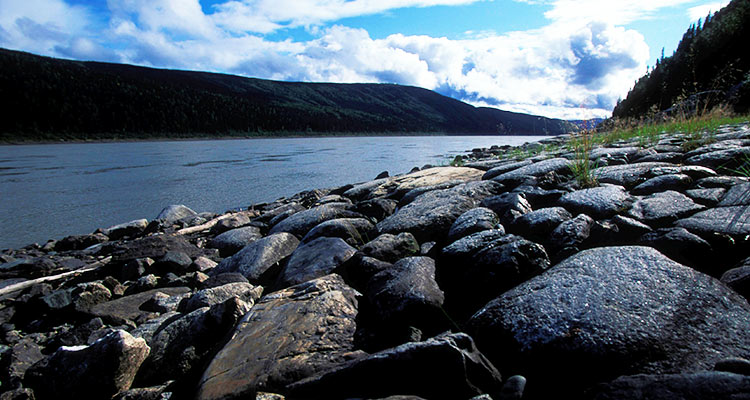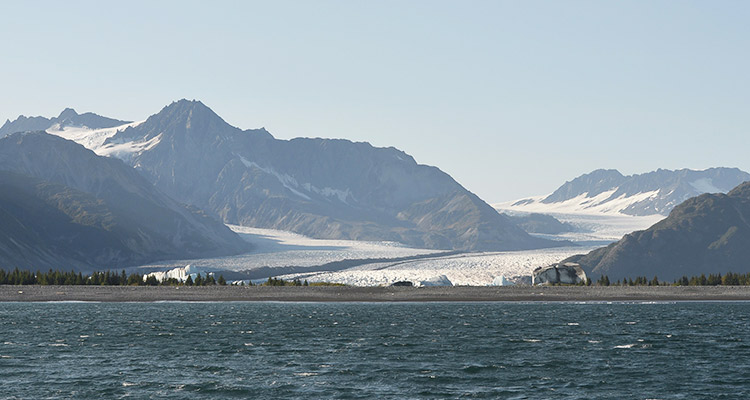Record-early Alaska river thaw follows high winter temperatures

The Yukon River is seen in Alaska.
The previous earliest breakup of the Tanana, a tributary of the Yukon River, was April 20, a mark reached in 1998 and 1940.
Another record-early thaw happened on Friday on the Kuskokwim River at the southwestern city of Bethel. The previous earliest ice-breakup date for the Kuskokwim Ice Classic was also April 20, in 2016. The Friday ice breakup was the earliest for that part of the Kuskokwim in 92 years of records kept by the National Weather Service.
At both rivers, records show that breakup has been happening, on average, about a week earlier since the 1960s, not counting this year's record thaws.
This year's breakups followed an extraordinarily warm Alaska winter with near-record-low ice in the Bering Sea and a record-hot March statewide.
The increasingly early melt reflects Alaska's long-term climate change, said Brian Brettschneider, a climate researcher with the University of Alaska Fairbanks' International Arctic Research Center.
"It's just another indicator of how Alaska is warming up," he said.
More precisely, this year's early melt reflects the warm conditions that persisted over wide areas of Alaska, from mountain peaks to the open ocean, Brettschneider said.
"The condition of the ice is a proxy for what the climate has been like for the past five months or so," he said.
For rural Alaskans in communities that lack outside road access, changes in river ice can have dire consequences.
The rural and mostly indigenous residents use frozen rivers for travel, driving snowmobiles or other vehicles over them.
"If we're not able to travel on the river, we're all 100 percent dependent on air travel, which is hugely expensive," said Mark Leary, an official with a local Yupik tribal council.
Reuters







